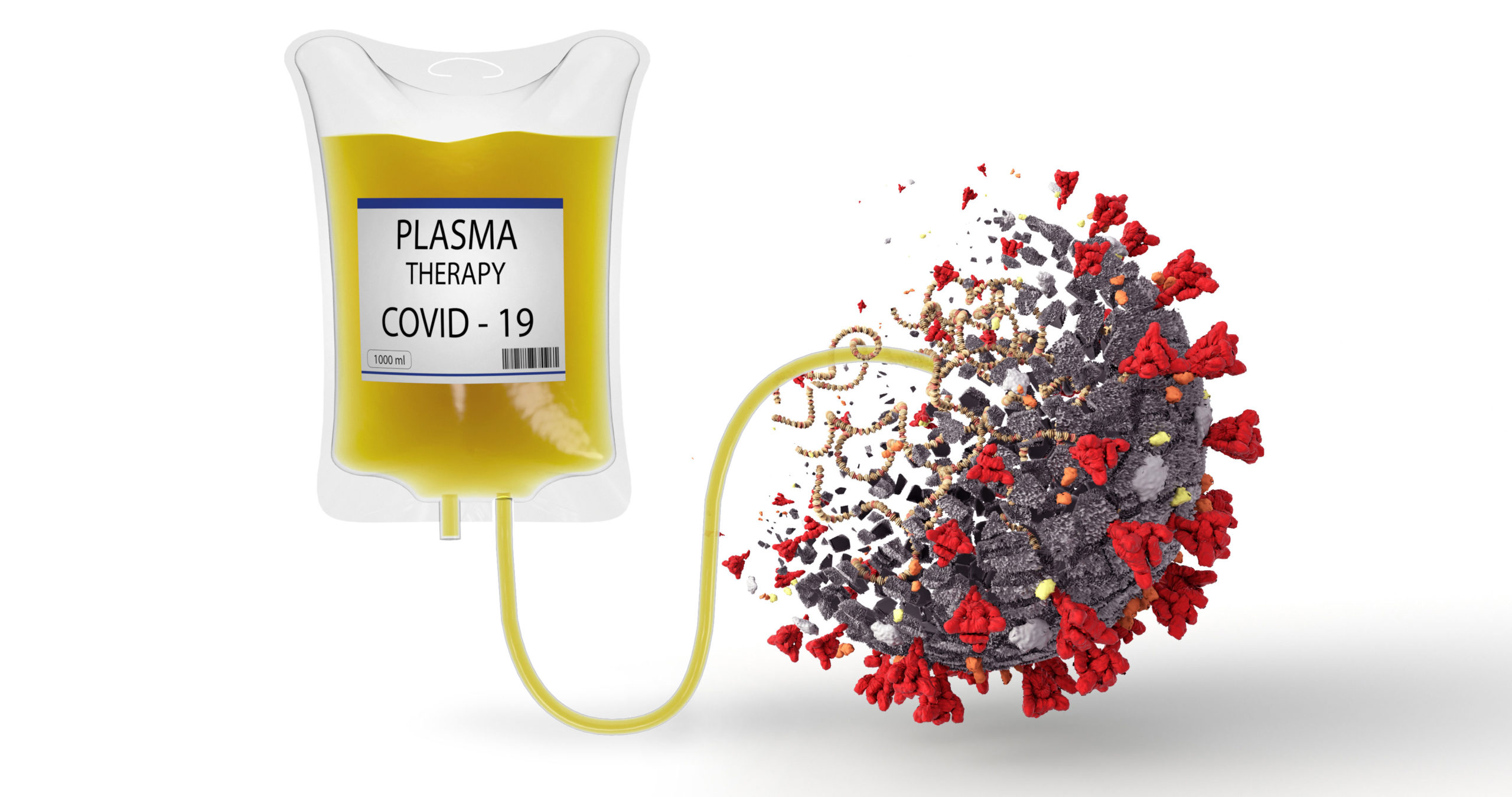Doctor Docs: Physicians are Fed Up with COVID-19 Misinformation

Around the world, 55% of physicians are saying that COVID-19 vaccine misinformation is increasingly becoming an issue when meeting with patients, according to a Sermo survey of more than 3,600 physicians. Most commonly (60%), patients are telling their HCP that they do not trust the vaccine safety and effectiveness because researchers rushed the development of the vaccine. While more than half of physicians (51%) hear that patients don’t think they need the vaccine because they’ve already had COVID-19, a notable 29% report hearing conspiracy theories about governmental microchips in the vaccine. A third of the physicians encounter patients who think the vaccine may cause infertility with 61% reporting that pregnant patients are reluctant to get the vaccine. In addition, parents are more reluctant to vaccinate their children than themselves.
“It’s clear from when we first launched the COVID-19 barometer at the start of the pandemic that misinformation is increasingly posing huge challenges to physicians when treating patients. Physicians feel like they are battling an infodemic that is threatening public health,” states Peter Kirk, Sermo CEO. “The barometer results clearly paint a picture that misinformation is showing up at appointments across the U.S. and the globe at a very local level.”
This misinformation is having a negative effect on the reputation of other vaccines as well, as 51% of physicians claim that those patients who have been hesitant about the COVID-19 vaccine will not get other vaccines in the future.
Therapeutic Talk: Convalescent Plasma May Be an Early COVID Treatment

For those recently infected with COVID-19, high-titer COVID-19 convalescent plasma can be an effective treatment for those unvaccinated. Researchers at Johns Hopkins published studies showing that convalescent plasma administered to unvaccinated patients within nine days of testing positive can reduce hospitalization more than half the time. The FDA currently authorizes the use of plasma from patients who have recovered from COVID-19 and whose blood contains antibodies against SARS-CoV-2, as a safe treatment for those who are immunocompromised, receiving immunocompromising medications, and for anyone hospitalized with early-stage COVID-19. Timeliness is especially important, as the study shows that effectiveness jumped to 80% when administered within five days of a positive diagnosis.
“Based on our findings and conclusions—which are now validated through the peer-review process—we encourage healthcare professionals to keep SARS-CoV-2 antibody-rich blood plasma available in their blood banks as part of the treatment arsenal against early-stage COVID-19,” study co-lead author David Sullivan, MD, Professor of Molecular Microbiology and Immunology at the Johns Hopkins Bloomberg School of Public Health, said in a statement.
The authors go on to explain that this treatment option is especially useful where monoclonal antibodies are not available, as in many developing countries, and for strings of COVID-19 that are resistant to monoclonal antibodies.
Discoveries and Innovations: Snail Venom Based Insulin on the Horizon

What do snails and diabetes have in common? Recent studies published by University of Utah researchers indicate venom from cone snails could be a natural source for more effective forms of insulin for diabetes patients than current forms available in the market. As Helena Safavi, PhD, one of the main authors of the study published in Nature Chemical Biology, explains, cone snails produce single molecule insulin in their venom to quickly stun prey fish. This differs from human insulin injections, which tend to form clusters due to the body’s need for storage of the substance. This characteristic can inhibit the speed at which their bodies process insulin and can create potential complications and difficulties in glucose regulation.
Researchers argue that the variety of species of cone snail and the subsequent varieties of peptides within their venom could lead to the creation of faster-acting insulin treatments for patients with fewer potential complications. Furthermore, in another study published in Science Advances, researchers found that one particular cone snail venom-derived peptide, Consomatin Ro1, produced similar pain-relieving effects to morphine following injection in clinical mice trials. While other pain-relieving medications derived from cone snail venom are available on the market (based on the hormone somatostatin), these are usually used as growth hormone suppressants, leaving room for development of other more effective treatments sourced from these unique mollusks.
Med Device Department: From Stem Cells to Bone Cells
We know stem cells can turn into different types of cells our body needs, but now with help from nanoparticles, these cells could help us regrow bone. A research team from Texas A&M University developed a water-stable, 2D covalent organic framework (COF) of nanoparticles that can direct the differentiation of human stem cells into bone cells, the first of its kind.
While COFs are used traditionally for other applications, they’ve been hard to process on a nano scale and too unstable to be used for biomedical applications. However, Akhilesh K. Gaharwar, PhD, Department of Biomedical Engineering, and his team have redeveloped a COF with amphiphilic polymers. These polymers are both hydrophilic and hydrophobic, lending the nano-scaffolds water dispersibility needed for applications in the human body environment.
“These nanoparticles could prolong delivery of drugs to human mesenchymal stem cells, which are commonly used in bone regeneration,” said Sukanya Bhunia, senior author of the study and postdoc associate in the biomedical engineering department. “The sustained delivery of the drug resulted in enhanced stem cell differentiation toward bone lineage, and this technique can be used for bone regeneration.”
As with all nano biomedical technology, the COFs deliver drugs where they’re needed. In this case, they are loaded with an osteo-inducing drug called dexamethasone to enhance bone formation. To further research in tissue regeneration and nano-particle drug delivery, the research team will apply their technology on a diseased bone model.
FDA Update
Drug Approvals
The FDA approved Pluvicto from Advanced Accelerator Applications USA, a Novartis company, to treat adult patients with prostate-specific membrane antigen (PSMA)-positive metastatic castration-resistant prostate cancer (mCRPC). It’s specifically for patients who have already been treated with other anticancer treatments such as androgen receptor pathway inhibition and taxane-based chemotherapy.
ViiV Healthcare’s Cabenuva (cabotegravir, rilpivirine) was approved for the treatment of HIV-1 in virologically suppressed adolescents who are 12 years of age or older and weigh at least 35kg on a stable antiretroviral regimen, with no history of treatment failure, and with no known or suspected resistance to either cabotegravir or rilpivirine.
Ztalmy (ganaxolone) from Marinus Pharmaceuticals was approved to treat seizures associated with cyclin-dependent kinase-like 5 (CDKL5) deficiency disorder (CDD) in patients 2 years of age and older. This is the first treatment for seizures associated with CDD and the first treatment for CDD.








